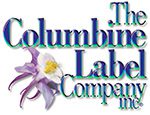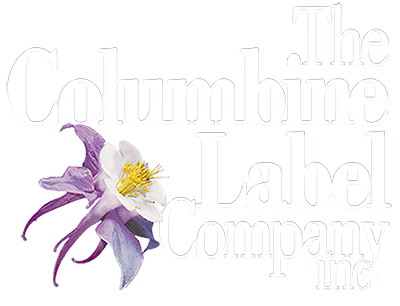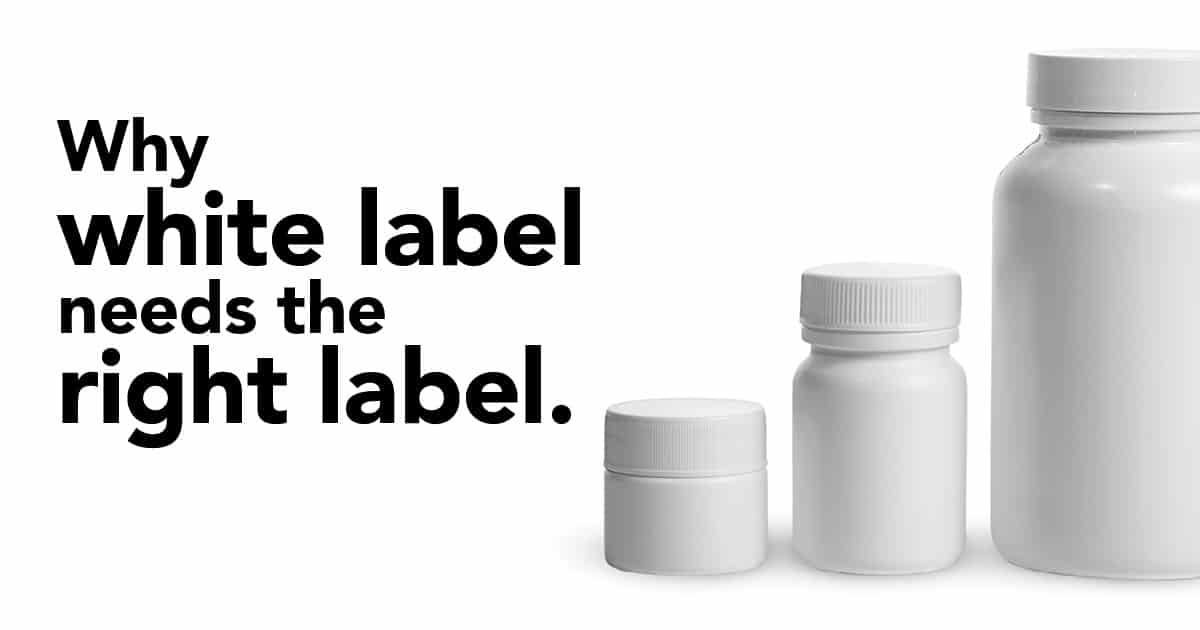The white label / private label business is red hot. Leading the pack in the ecommerce space is Amazon’s AmazonBasics line, in addition to its family of in-house brand offerings under the “Our Brands” label. At an estimated $60.8 billion in size with growth rates north of 41 percent, white label / private label is positioned to skyrocket for the foreseeable future.
Recent statistics further spotlight the staggering growth of white label and private label products:
• In Q1 2020 alone, store brand sales increased 15 percent, or about $4.9 billion over the same period in 2019.
• In this same period, store brands in all U.S. retailers grew 14.6 percent in dollar volume, compared to gains 11.5 percent for national brands.
• Just as telling, manufacturing sourcing activity in private label is up 45 percent year over year.
What’s driving this growth? And how can it help you and your business?
White Label vs. Private Label
First, let’s clear up the distinction between white label and private label. A white label product is a generic product manufactured by one company and sold to more than one retailer/e-tailer. These white label products are particularly common in three primary sectors – personal care, supplements, and food. Private label, on the other hand, is exclusively created for a specific retailer. These are popular with grocery store chains and big box retailers. Think Costco’s Kirkland Signature brand or Target’s Up&Up and its newer flagship brand, Good & Gather, which encompasses over 2,000 products across food and beverage.
Why it’s hot
Both white label and private label brands present tremendous market share opportunities because consumers are ripe for it.
According to eMarketer, “Private labels are the reason many shoppers choose particular retailers; 66 percent said that if they like a retailer, they generally assume they will also have good store brand products.”
Millennials, now 24 percent of the world’s population, are particularly open to trying new products – and that includes private label. This generation is also focused on product value and information gathering. This up-and-coming generation will purchase private label brands if their own research indicates those products are on par with name brands.
In one study, 54 percent of millennials said their choice of retailer is influenced by the private labels carried there. What’s more, at least half of millennials surveyed said they would buy private label products in any category; 48 percent said they expected to buy more private label brands next year.
Fallout from the COVID-19 pandemic has also created a bigger push in white label/private label as more brands are marketing direct to consumers via ecommerce. According to a recent Thomas Report, 84 percent of manufacturers cited their website as one of the most important avenues to reach new customers after the pandemic started — an increase from 72 percent before the COVID-19 outbreak. Utilizing an online presence to build awareness with consumers helps them compete with established digital competitors.
The rise and appeal of internet-only businesses also creates growing demand for white label products, especially in emerging markets, and can help level the playing field with private labels. White label products are suited to low minimums and short lead-times, which is ideal for small and start-up businesses without a brick and mortar presence.
Market smart
To attract consumer eyes and dollars with white label / private label products, some of the same rules apply as they do to national brands. Based on white label / private label volume, growth and the elevated importance of print consistency, the label, the leading marketing vehicle, often has more rigorous requirements from the label producer. Consumer packaged goods marketers playing in the white label field must:
• Promote a unique selling point: whether it’s price, quality, sustainability, organically made/grown, etc.
• Build brand awareness: create a consistent, identifiable branding look and message
• Foster brand loyalty: implement loyalty programs, member discounts, personalized offers or other programs to incentivize repeat business
• Showcase appealing, high-quality product packaging/labels: packaging is one of a product’s best brand ambassadors. Graphics should be eye catching, compelling and convey brand image and quality in a matter of seconds. High quality labels can often be the decision-making factor in a white label product purchase.
To find out more about how Columbine Label Company has helped white label manufacturers grow and turn around quality products on time and on budget, please drop us a line: info@columbinelabel.com, (303) 788 1504 or use our Chat function on our website.


